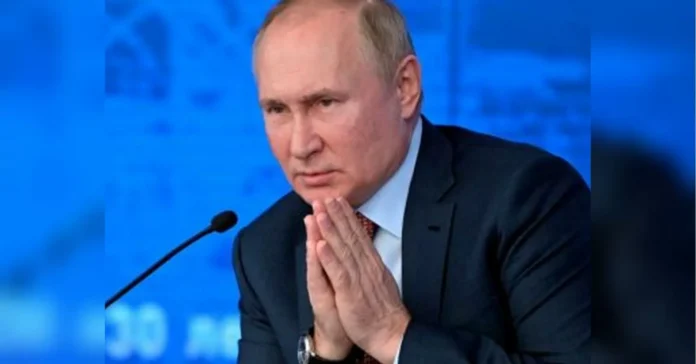Experts from the Institute for the Study of War (ISW) have recently released a report on the consequences of Western indecisiveness in global conflicts. The report, titled «The High Cost of Hesitation: The Consequences of Western Indecision in the Face of Aggression,» highlights the detrimental effects of hesitation and inaction by Western powers in the face of aggressive actions by other nations.
The report focuses on several recent conflicts, including the ongoing conflict in Syria, the Russian annexation of Crimea, and the Chinese militarization of the South China Sea. In each of these cases, the ISW experts argue that the failure of Western leaders to take decisive action has only emboldened aggressors and allowed them to further their own interests at the expense of global stability.
One of the main consequences of Western indecision, according to the report, is the erosion of trust in the West as a reliable ally and defender of international norms and values. This lack of trust has led to a shift in global power dynamics, with authoritarian regimes like Russia and China gaining more influence and leverage. As a result, the report argues, the West is facing an increasingly challenging and complex security environment.
Moreover, the report highlights the negative impact of Western hesitation on local populations. In Syria, for example, the reluctance of Western powers to intervene has allowed the Assad regime to continue its brutal attacks on civilians, resulting in a humanitarian crisis that has displaced millions of people and caused immeasurable suffering. In Ukraine, the lack of decisive action by the West has emboldened Russia to annex Crimea and support separatist forces in the eastern part of the country, leading to a prolonged conflict that has claimed thousands of lives.
The ISW experts also point out that Western indecision has given rise to a dangerous perception among aggressors that there will be no consequences for their actions. This has further emboldened them to take more aggressive actions, knowing that the West is unlikely to respond with force. This, in turn, has created a vicious cycle of aggression and inaction, with each side testing the limits of the other’s resolve.
The consequences of Western indecisiveness are not limited to conflicts and security issues alone. The report also highlights the economic and diplomatic costs of hesitation. In the case of Syria, the prolonged conflict has resulted in a massive refugee crisis that has put a strain on neighboring countries and caused a ripple effect across Europe. The lack of a decisive response from the West has also damaged its credibility and influence in the region and beyond.
In light of these consequences, the ISW experts urge Western leaders to take a more proactive and decisive approach to global conflicts and security challenges. This includes a willingness to use military force when necessary, as well as a coordinated and unified response from all Western powers. The report also emphasizes the importance of diplomacy and economic pressure in deterring aggression and promoting stability.
In conclusion, the report by the Institute for the Study of War highlights the grave consequences of Western indecisiveness in global conflicts. From eroding trust in the West to emboldening aggressors and causing humanitarian crises, the costs of hesitation are high and far-reaching. It is crucial for Western leaders to take a more proactive and decisive approach to global challenges in order to promote stability and uphold international norms and values.

